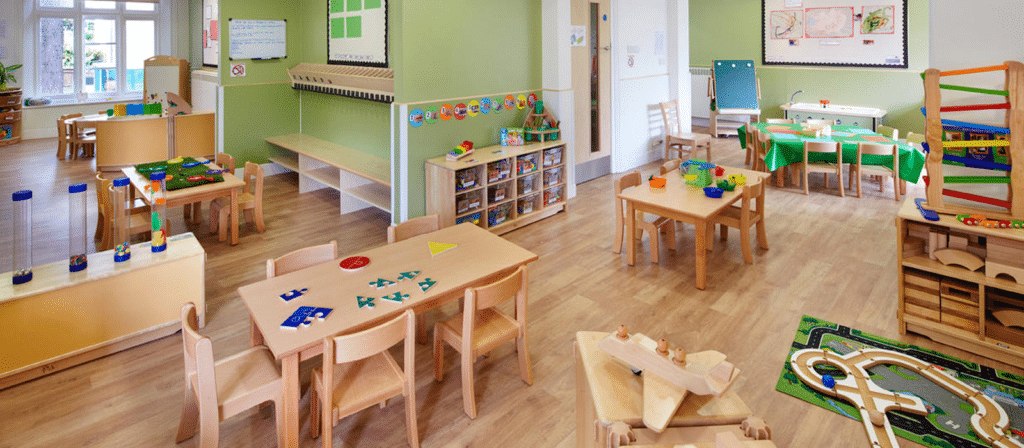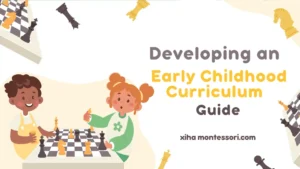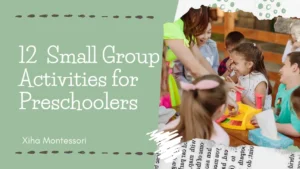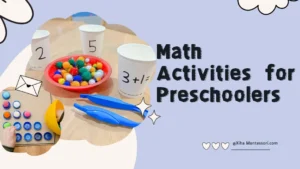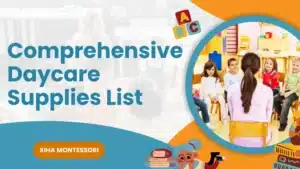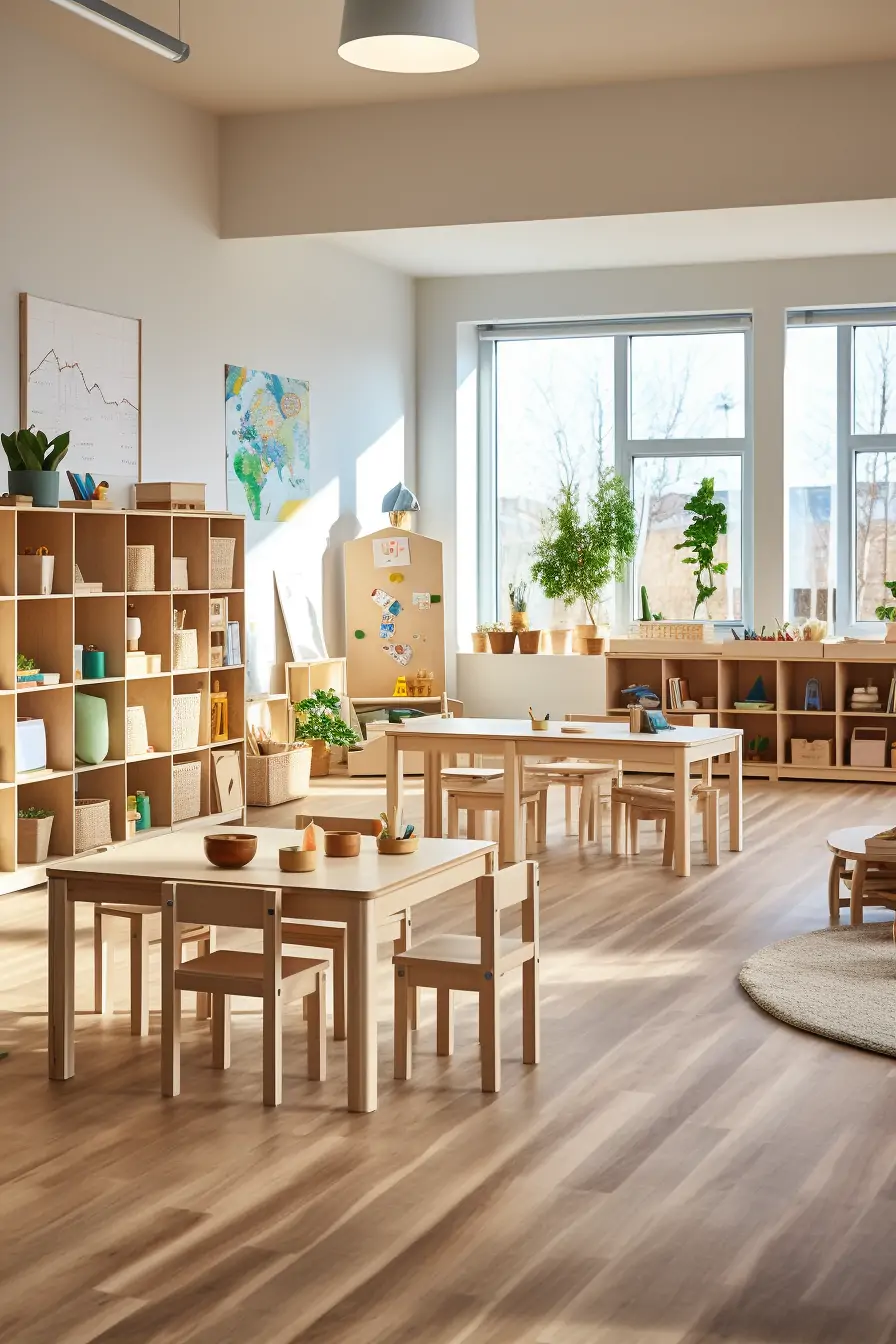Have you ever wondered if the Montessori model, renowned for its child-centered approach to education, has any drawbacks? While this pedagogical method has gained popularity over the years, it is important to take a critical look at its potential disadvantages. In this blog post, we will explore some of the challenges and limitations associated with the Montessori model. Let’s dive in and uncover the other side of the coin.
Isolated Learning Environment: Does It Foster Social Skills?
One of the main criticisms of the Montessori model is the potential for an isolated learning environment. Due to the emphasis on individualized work, children may not have as many opportunities to interact and collaborate with their peers. While this approach promotes independence and self-motivation, it may hinder the development of crucial social skills. In traditional classroom settings, children often learn important lessons in teamwork, conflict resolution, and empathy through regular interactions with their classmates. However, in a Montessori environment, these opportunities may be limited, which can be a disadvantage for children who thrive in more social settings.
Limited Exposure to Traditional Academic Subjects: Does It Impact Learning?
Another concern with the Montessori model is the limited exposure to traditional academic subjects, such as structured math and literacy instruction. While the model focuses on hands-on experiential learning, some argue that it may not adequately prepare children for standardized tests or the rigors of a traditional curriculum. Critics argue that children who transition from a Montessori setting to a conventional school may face challenges in catching up with their peers in terms of academic knowledge and skills. This potential disadvantage raises questions about the long-term impact of the Montessori model on a child’s educational journey.

Lack of Clear Discipline Structure: Does It Promote Self-Discipline?
In a Montessori classroom, discipline is primarily self-imposed rather than externally enforced. While this approach aims to cultivate self-discipline and responsibility, it may not be suitable for all children. Some individuals thrive in environments with clear rules, boundaries, and consequences. Without such a structure, children may struggle to understand the expectations and boundaries of their behavior. Additionally, the absence of a consistent disciplinary framework may result in inconsistency across different Montessori classrooms, leading to confusion for children who move between schools or teachers.
Limited Teacher-Directed Instruction: Does It Cater to Different Learning Styles?
The Montessori model places a strong emphasis on child-led learning, with teachers primarily acting as guides and facilitators. While this approach allows for individualized instruction and self-paced learning, it may not cater to all learning styles. Some children benefit from more direct and explicit instruction, especially in subjects that require foundational knowledge and understanding. Without sufficient teacher-directed instruction, certain students may struggle to grasp complex concepts or develop critical thinking skills. This limitation raises concerns about the effectiveness of the Montessori model for all types of learners.
Lack of Standardized Assessment: How Do We Measure Progress?
In the Montessori model, traditional grading and standardized testing are often downplayed or absent altogether. While this approach aims to focus on individual progress and mastery of skills, it can make it challenging to evaluate and compare a child’s academic performance. Without standardized assessments, it may be difficult for parents and educators to gauge a child’s readiness for future academic endeavors or to identify areas of improvement. This lack of standardized assessment can be a disadvantage when trying to assess a child’s overall educational development.
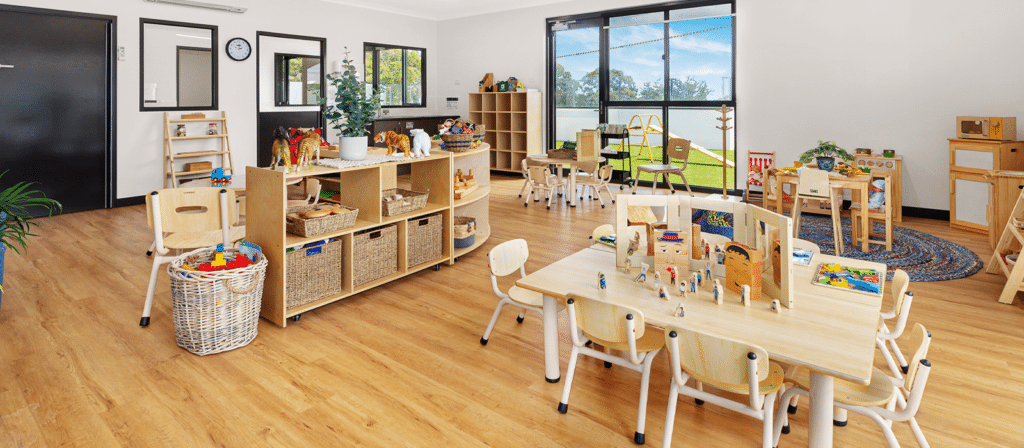
In conclusion, Understanding the potential disadvantages of the Montessori model allows for informed decision-making and effective support of children’s educational journeys. By recognizing the challenges associated with limited standardized testing preparation, reduced teacher-led instruction, potential inconsistencies, limited focus on competitive skills, and reduced exposure to traditional teaching methods, parents and educators can take proactive measures to address these concerns and ensure a well-rounded education.
Navigate the nuances of the Montessori model, embracing its advantages while proactively addressing its limitations. By doing so, we can create an educational environment that nurtures the unique needs and aspirations of every child.

